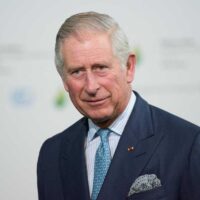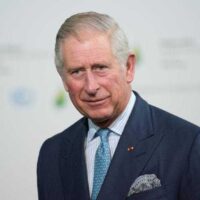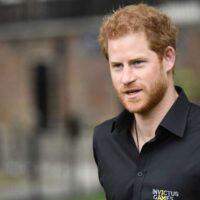The British royal family is no stranger to public scrutiny, with every move and announcement closely followed by people around the world. Recently, a new development has stirred curiosity and speculation, involving a significant bestowment from King Charles III to his eldest son, Prince William.
This new title, steeped in history and tradition, comes at a particularly intriguing time for the royal family. As details emerge and the public buzzes with anticipation, questions abound about the implications of this title and the underlying family dynamics. Delve into the fascinating story behind this royal appointment and uncover its deeper significance.
Prince William’s New Title
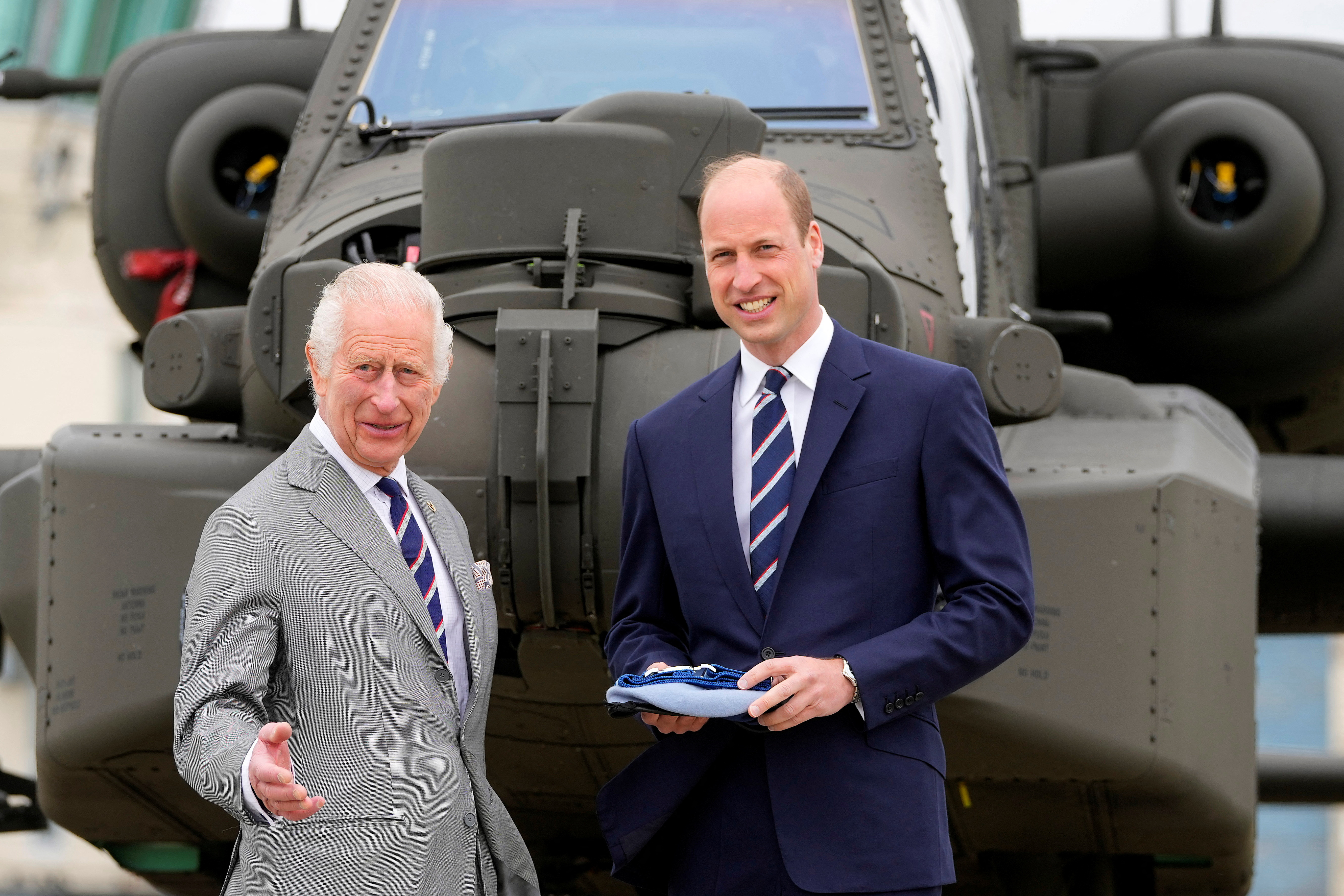
This week, Prince William, the Prince of Wales, was honored with a new title by King Charles III. The announcement, made by Buckingham Palace, revealed that Prince William would become the Colonel-in-Chief of the Army Air Corps. This title holds significant historical and ceremonial value, marking a notable moment in Prince William’s royal career.
The official ceremony for the role transfer was scheduled on May 13 at the Army Aviation Centre in Middle Wallop. This title, previously held by King Charles III during his tenure as the Prince of Wales, underscores the continuity and tradition within the British royal family. For 31 years, King Charles III carried this mantle, and now it passes to his eldest son, Prince William, symbolizing a new chapter in his royal duties.
Prince William’s new role is not just a ceremonial title; it reflects his commitment to the British Armed Forces. The position of Colonel-in-Chief of the Army Air Corps involves a range of responsibilities, including supporting the personnel, attending official events, and upholding the values and traditions of the Corps. This appointment highlights Prince William’s dedication to his military connections and his role within the royal family.
The timing of this announcement, coinciding with Prince Harry’s visit to the UK, has sparked considerable public interest. While Prince William steps into this new role, it is important to note that the position itself is familiar within the family, having been held by King Charles III for many years. This transition is a testament to the ongoing legacy and service of the royal family to the Armed Forces.
Prince Harry’s Return to the UK
While Prince William takes on his new title, Prince Harry has also made headlines by returning to the UK. This visit is particularly meaningful as it marks the 10th anniversary of the Invictus Games, an event Prince Harry founded to support wounded, injured, and sick servicemen and women through sports. The Invictus Games symbolize resilience, camaraderie, and the healing power of sports—values close to Prince Harry’s heart.
Harry’s bond with the military is strong and personal. He served in the British Army for ten years, including two tours in Afghanistan. His time in the military earned him respect and shaped his dedication to supporting veterans. Although he ended his active service in 2015, his commitment to the military community has never wavered.
During this visit, Prince Harry has been busy with various events celebrating the Invictus Games. He started the festivities with a panel discussion, sharing inspiring stories from participants. Today, he is expected to give a reading at a service in St. Paul’s Cathedral, emphasizing his ongoing support for the cause.
Harry’s return to the UK highlights his deep connection to the military and his mission to use his platform for positive change. While the royal family deals with its internal issues, Harry’s dedication to the Invictus Games and the military community shows where his priorities truly lie.
Family Tensions and Public Reactions
The British royal family has always been under the public eye, but recent events have brought family tensions into sharper focus. The strained relationship between Prince Harry and King Charles III is a topic of widespread discussion, especially with Harry’s current visit to the UK. Despite his presence, a meeting between him and his father is notably absent from the agenda.
This ongoing rift has led to significant public reaction. People are divided, with some expressing sympathy for Harry and criticizing King Charles III for not making time for his son. Social media platforms are buzzing with opinions, reflecting the intense interest in the family’s dynamics.
That’s absolutely unforgivable, that a Dad can’t prioritize his son. King or not!!! — Maria Cappucci (@CappucciMaria) May 7, 2024
This sentiment captures the frustration of many who feel that family should come first, regardless of royal duties.
Harry deserves better. Shame on #KingCharles. He treated #PrincessDiana terrible as well. #TheWholeWorldIsWatching — Ruth Inspires (@ruthbradford) May 7, 2024
Echoing long-standing criticisms of King Charles III’s past actions, some view this situation as part of a larger pattern.
Its hilarious how the story changes from moment to moment about why Harry and Charles didn’t meet. No parent in their right mind would expect their child to request a meeting 28 days in advance. Charles wasn’t doing anything but avoiding his son. — albacri12 & a fan account (@texastrilogy12) May 9, 2024
The King of England can do whatever he wants right? So if he wanted to go, he would. — ArlingtonDiva (@ArlingtonDiva) May 9, 2024
Some see the rift as indicative of broader issues within the royal family structure.
The lack of a father-son meeting during Harry’s visit has only fueled speculation and concern. Many believe that resolving these tensions privately, without so much public scrutiny, would give the relationship a better chance of healing.
The Royal Family’s Military Connections
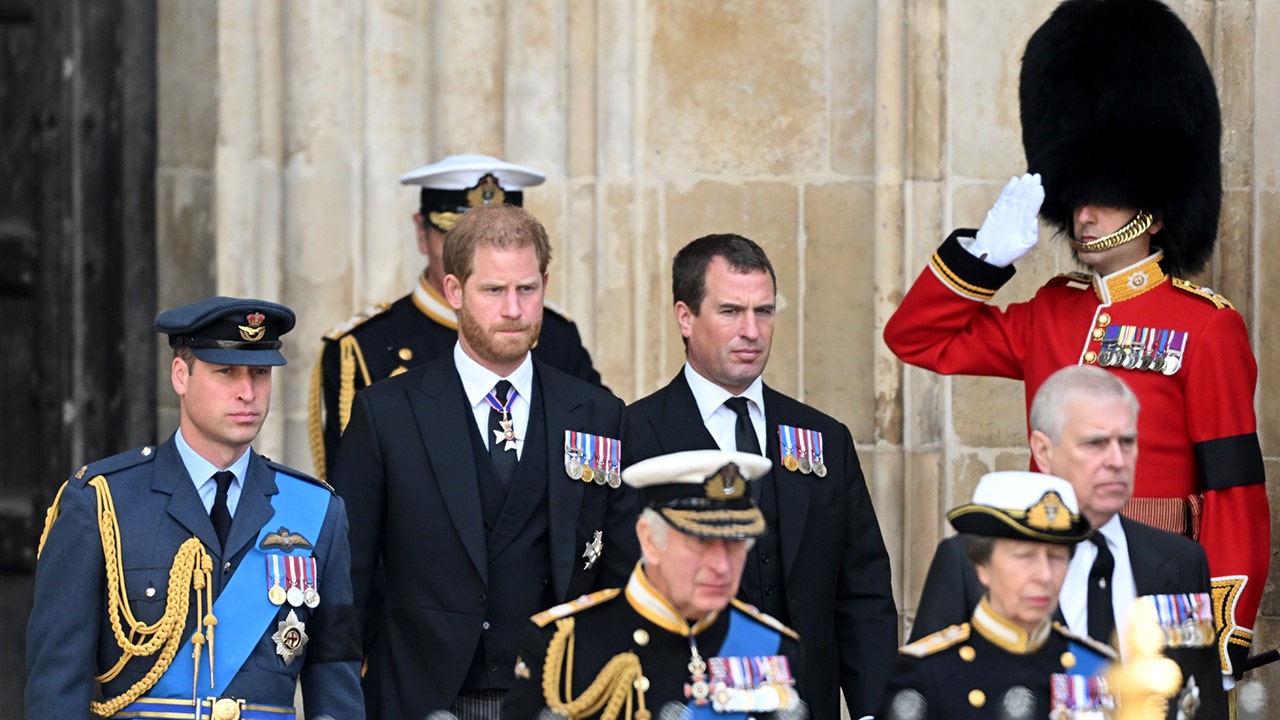
The British royal family has a long-standing and deeply rooted connection with the Armed Forces. This bond is not just ceremonial; it reflects a history of service and commitment that spans generations. Members of the royal family have traditionally held honorary military titles and played active roles in supporting the military community.
Prince Harry and Prince William are prime examples of this tradition. Both have served in the Armed Forces, with Harry completing two tours in Afghanistan and William serving as a search and rescue pilot with the Royal Air Force. Their military service has shaped their identities and roles within the royal family.
Beyond the brothers, other members of the royal family also maintain close ties with the military. For instance, King Charles III himself held the title of Colonel-in-Chief of the Army Air Corps for 31 years before passing it on to Prince William. This title reflects not just an honor but a responsibility to support and represent the Corps.
Commitment to the Military
The royal family’s involvement with the military extends to regular visits and engagements. They frequently visit military bases, attend official ceremonies, and participate in events that honor the service and sacrifice of military personnel. These activities help maintain morale and demonstrate the royal family’s support for the Armed Forces.
Here are some key points about the royal family’s military connections:
- Historical ties: The tradition of royal military service dates back centuries, reinforcing the bond between the monarchy and the military.
- Active service: Many royals, including Prince Harry and Prince William, have actively served in the military, bringing firsthand experience and credibility to their roles.
- Honorary titles: Royals often hold honorary military titles, symbolizing their commitment and support for various branches of the Armed Forces.
- Public engagements: Regular visits to military bases and participation in ceremonies highlight the royal family’s ongoing support and recognition of military service.
The royal family’s connection to the military is a testament to their dedication to duty and service. These ties are not just symbolic; they represent a deep-seated commitment to the men and women who serve in the Armed Forces. This relationship continues to play a significant role in the monarchy’s public image and responsibilities.
The Significance of Royal Titles
Royal titles are more than ceremonial labels; they reflect deep historical significance and the responsibilities of the titleholders. Prince William’s new role as Colonel-in-Chief of the Army Air Corps honors his military commitment and continues the legacy of his father, King Charles III.
Princess Catherine’s appointment as the Royal Companion of the Order of the Companions of Honour highlights her contributions to public service. This prestigious title, limited to 65 members, includes notable figures like Sir Elton John and Dame Judi Dench.
Key aspects of royal titles include:
- Historical continuity: Royal titles often have deep historical roots, connecting current holders with their predecessors and the longstanding traditions of the monarchy.
- Symbol of commitment: Titles like Colonel-in-Chief or Royal Companion are not just honors but also symbols of the individual’s commitment to their respective roles and responsibilities.
- Public perception: These titles play a crucial role in shaping public perception, reinforcing the royal family’s image as dedicated public servants.
- Recognition of service: Titles are a way to recognize and celebrate the contributions of individuals, both within the royal family and in broader society.
Royal titles carry weight and meaning, serving as a bridge between the past and the present, and highlighting the ongoing role of the monarchy in public life. They reflect the dedication of the royal family to their duties and the respect they command across different sectors of society.
Honoring Tradition Amidst Modern Challenges
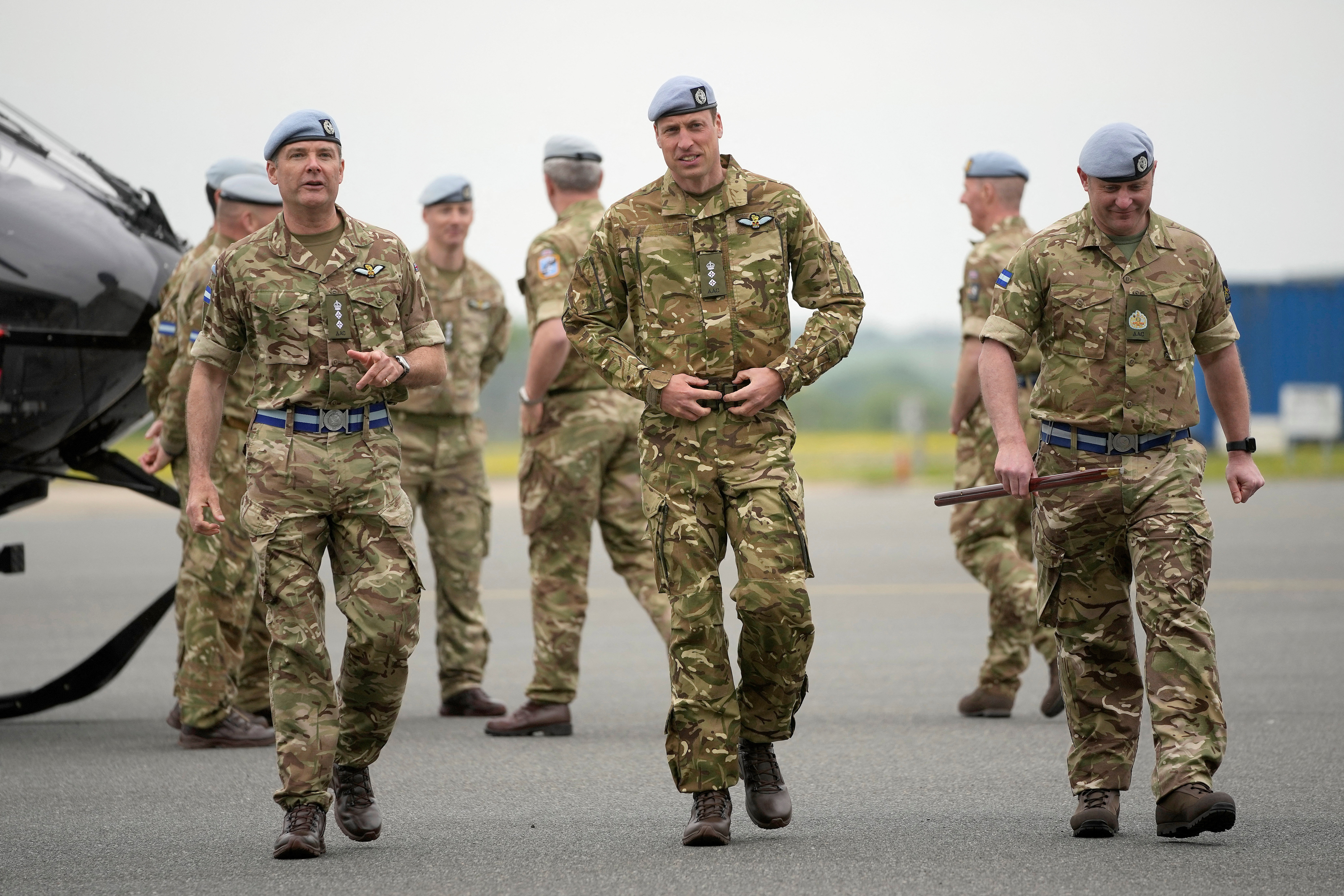
The bestowment of the Colonel-in-Chief title to Prince William is more than a ceremonial gesture; it signifies the continuation of a legacy deeply rooted in service and tradition. This development highlights the intricate dynamics within the royal family, particularly against the backdrop of Prince Harry’s concurrent visit to the U.K. While the public focuses on the spectacle of royal titles and family tensions, the underlying message remains one of dedication and continuity. Prince William’s new role underscores his commitment to the Armed Forces, reflecting the enduring values of duty and honor that the monarchy upholds.
As the royal family navigates the complexities of modern public life, the recent events remind them of their ongoing relevance and the significance of their contributions to society. The interplay between personal relationships and public responsibilities offers a unique insight into the royals’ challenges and triumphs. Through their actions and appointments, they continue to inspire and engage the public, reinforcing the importance of service, resilience, and tradition in an ever-changing world.

